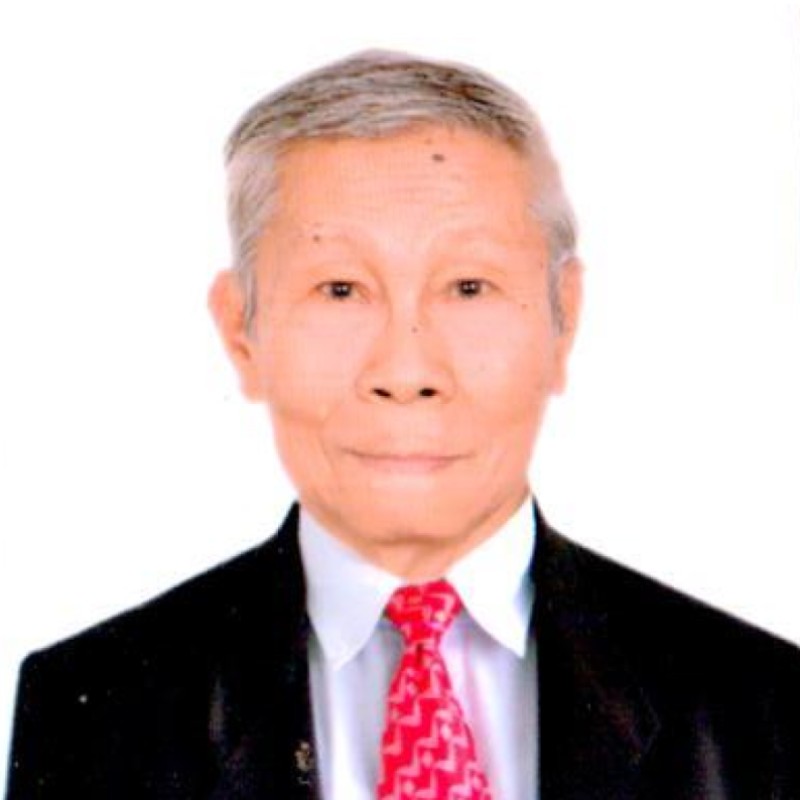GLIMPSES & GAZES
By Severino C. Samonte
There's no need for PH to have another army like the NPA
Share
One of the most pleasant pieces of news I read in the newspapers and heard from radio-television broadcasts during the second week of the year 2024 was about the announcement by President Ferdinand R. Marcos Jr. (PBBM) that "there is no more active New People's Army (NPA) guerrilla front" operating in the country as of December last year.
Citing reports from the Armed Forces of the Philippines, Department of National Defense, and Philippine National Police, among other security forces and intelligence agencies, the President said in a video message posted on his Facebook page on Jan. 13 that the government can now claim success in its campaign against local terrorism.
“Last year, we neutralized 1,399 members of communist and local terrorist groups. We got 1,751 firearms through capture, confiscation, recovery and surrenders. Now, we report that there is no more active NPA guerrilla front as of December 2023," he said.
"These developments have been through the concerted efforts of the AFP, PNP, DND, and government intelligence agencies," PBBM added.
The President's pronouncement can be considered very pleasurable and welcome news since it came amid the exasperating exchanges of arguments between the members of the two chambers of Congress (Senate and House of Representatives) regarding the renewed proposal to amend certain provisions of the 1987 Constitution.
For me, the waning strength and presence of the communist NPA nationwide is an indication that the days of its terrorist activities since its founding 55 years ago are virtually numbered.
Its total annihilation will be resounding proof that the Philippines does not need the existence of another army in the form of the NPA because the country already has its own capable Philippine Army since the revolutionary days against Spain and the United States.
Law enforcement authorities said that since its founding on Dec. 29, 1969 as the armed wing of the reestablished Communist Party of the Philippines (CPP), the NPA has been associated with numerous terroristic activities such as kidnapping for ransom, robberies, and collection of illegal taxes in various parts of the country, including the Visayas and Mindanao.
In several Mindanao provinces, the military said NPA members were a frequent subject of complaints for destroying and burning heavy equipment of construction companies operating there for not giving protection money they were demanding from the business owners.
The NPA was among the reasons why the late President Ferdinand E. Marcos Sr. (FM) proclaimed a nationwide state of martial law in the country on Sept. 21, 1972.
In his book "The Democratic Revolution in the Philippines" published in 1977, FM said that the New People's Army, or the Maoist faction of the Communist Party of the Philippines (CPP) engaged in open hostilities against the Armed Forces of the Philippines.
He wrote: "The NPA and its satellite organizations actually engaged in an actual war against the AFP by committing unmitigated raids, ambuscades, assaults, violence, murders, assassinations, arsons, plunders and other acts of terror."
In another book containing some of his major presidential speeches from February 1970 to December 1971 (Volume III published in 1978), FM narrated how the NPA was established in the late 1960s as the military arm of the CPP.
FM wrote how the leaders of the CPP under Jose Ma. Sison (with the "nom de guerre" Amado Guerrero) and the NPA under Commander Dante (real name: Bernabe Buscayno) met sometime in 1968 to join forces against the duly constituted government of the Philippines.
Comments
About the Columnist

He began his journalistic career by contributing to the Liwayway and Bulaklak magazines in the 1960’s. He was the night editor of the Philippine News Service when Martial Law was declared in September 1972. When the Philippine News Agency was organized in March 1973, he was named national news editor because of his news wire service experience.
He retired as executive news editor in 2003. He also served as executive editor of the Malacanang-based Presidential News Desk from 1993 to 1996 and from 2005 to 2008.
